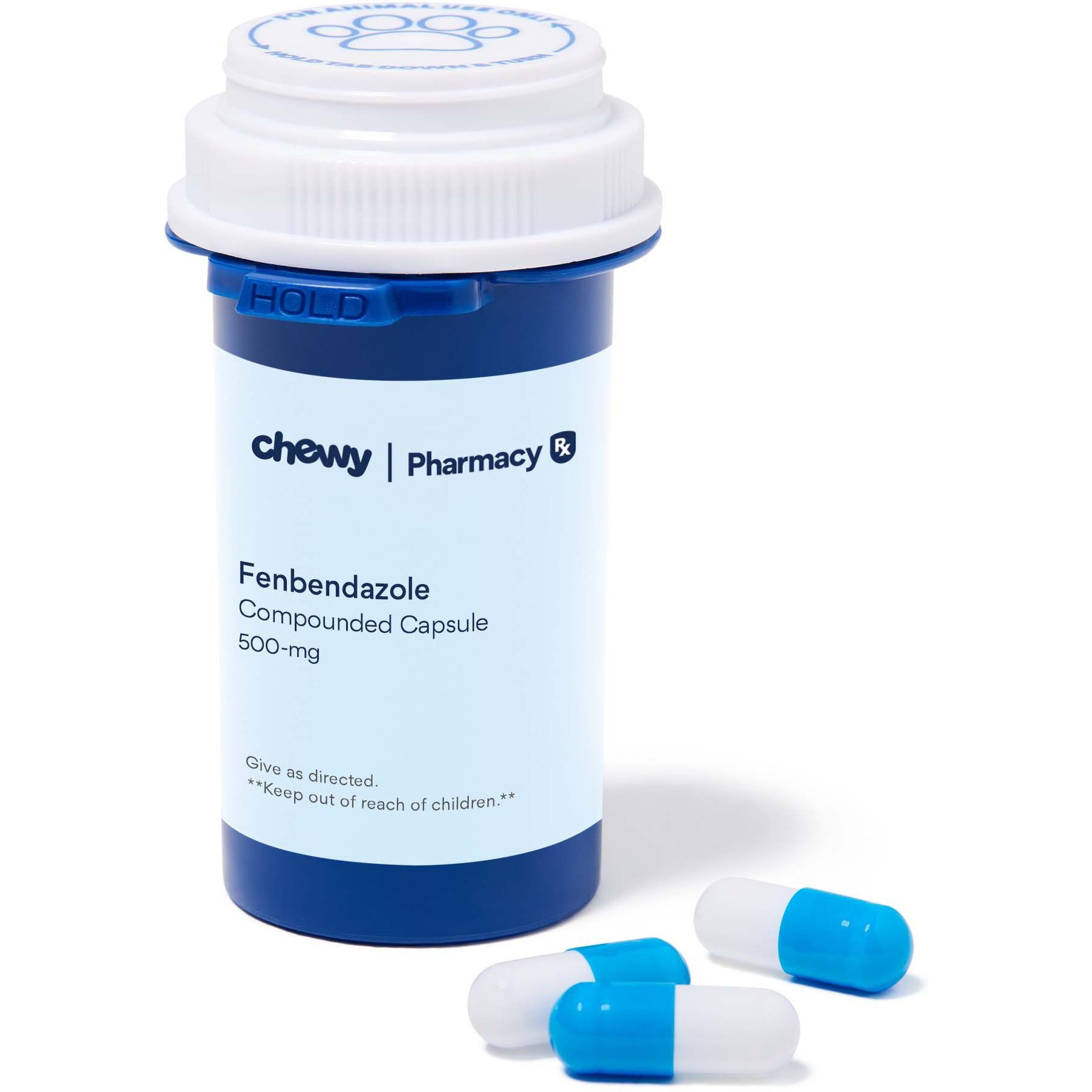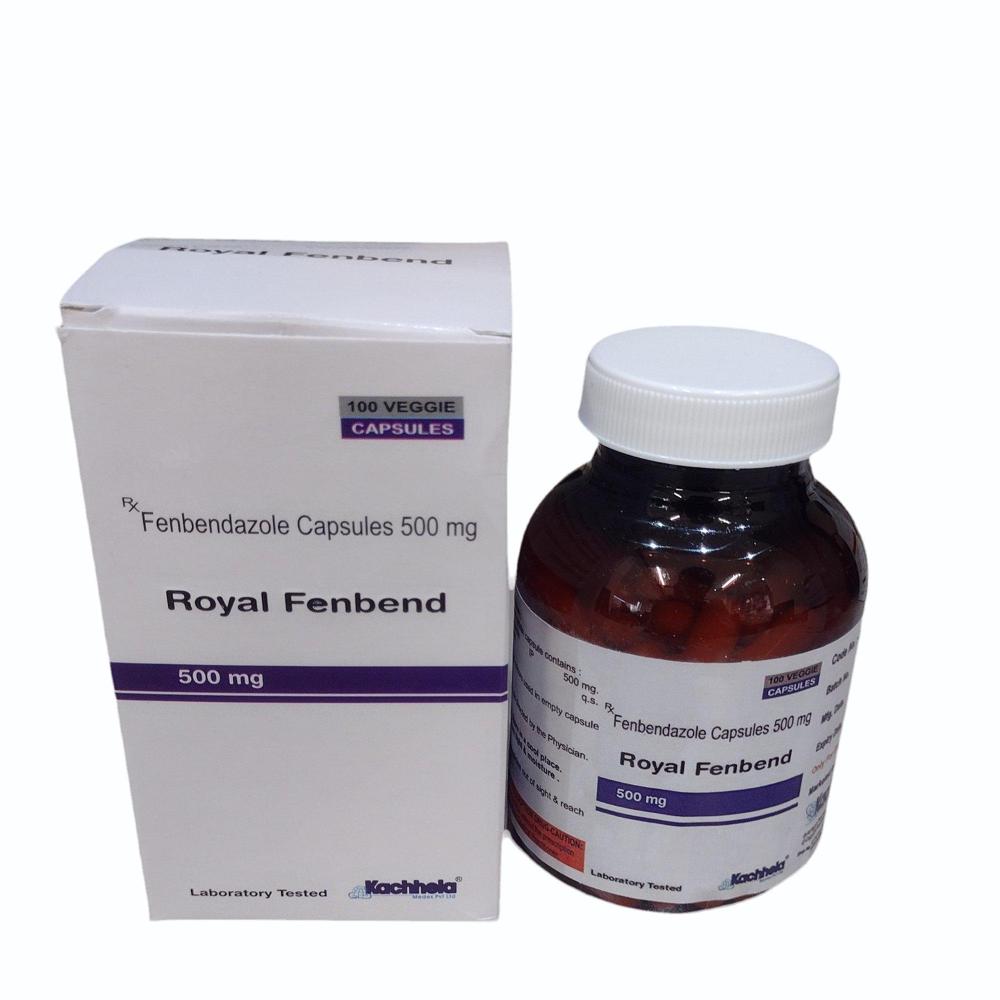222 mg fenbendazole: Reasons Vets Recommend It in Veterinary Medicine
Checking out the Systems Behind Fenbendazole and Its Influence On Pet Health
Fenbendazole is a widely used anthelmintic known for its performance against different bloodsuckers. Its main system includes the restraint of microtubule formation, which interferes with critical procedures in these pathogens. Past its antiparasitic residential or commercial properties, fenbendazole likewise shows up to enhance immune feedbacks and has anti-inflammatory benefits. Recognizing these complex effects can reveal brand-new applications for pet health. However, inquiries stay concerning its full potential and safety and security account.
The Pharmacokinetics of Fenbendazole
The pharmacokinetics of fenbendazole, an extensively utilized anthelmintic in veterinary medication, entails the research study of its absorption, circulation, metabolic process, and excretion within animal systems. After administration, fenbendazole is rapidly taken in from the intestinal tract, with peak plasma focus occurring within hours. Its circulation is influenced by elements such as tissue binding and lipid solubility, enabling it to penetrate numerous cells effectively. The medication undergoes extensive metabolism primarily in the liver, where it is transformed into energetic and non-active metabolites. These metabolites contribute in the medicine's overall effectiveness and safety and security account. Excretion happens mostly through feces, with a smaller percentage eliminated via urine. The half-life of fenbendazole varies among varieties, which impacts application routines. Comprehending these pharmacokinetic properties is important for maximizing its healing use and guaranteeing efficient bloodsucker control in vet practices.
Systems of Activity Versus Parasites
Fenbendazole applies its antiparasitic impacts largely with the inhibition of microtubule development in parasites. This disruption influences their structural honesty and cellular functions, leading to impaired basal metabolism. As an outcome, the medicine efficiently jeopardizes the survival and reproduction of numerous parasitical microorganisms.
Restraint of Microtubule Formation
Inhibition of microtubule development represents a crucial system via which certain anthelmintic agents, including fenbendazole, apply their impacts on parasites. Fenbendazole binds to tubulin, a healthy protein that forms microtubules, interrupting the polymerization process required for microtubule setting up. This interruption harms crucial cellular functions, consisting of mitosis, intracellular transport, and structural honesty. As microtubules play a crucial role in preserving the shape and feature of parasitic cells, their restraint results in cell cycle apprehension and eventual fatality of the parasite. This mechanism is particularly effective versus nematodes, as their reliance on microtubules for mobility and nutrient absorption makes them at risk to fenbendazole. Subsequently, the restraint of microtubule formation is a crucial aspect of fenbendazole's healing efficacy in vet medicine.
Interruption of Power Metabolism
Disrupting basal metabolism is one more essential mechanism whereby fenbendazole targets parasitical microorganisms. This anthelmintic changes the energy production paths within parasites, mostly affecting their capability to generate adenosine triphosphate (ATP) By hindering sugar uptake and disrupting mitochondrial feature, fenbendazole limits the energy resources necessary for the survival and recreation of these microorganisms. Consequently, bloodsuckers end up being increasingly prone to environmental stresses and immune reactions. The interference in energy metabolic process not only impacts the bloodsuckers directly but also decreases their capability to absorb nutrients, better hindering their growth - fenbendazole. Overall, the interruption of basal metabolism stands for an essential element of fenbendazole's effectiveness versus numerous parasitic infections, adding significantly to boosted animal health and wellness end results
Potential Side Results and Safety And Security Profile
The potential adverse effects and security profile of fenbendazole warrant mindful consideration, specifically in veterinary applications. While typically considered as secure, some animals may experience damaging reactions, consisting of intestinal disruptions such as vomiting and diarrhea. Additionally, neurological signs, although unusual, have been reported in sensitive people, highlighting the demand for monitoring during therapy.

Fenbendazole's safety in different types, including pets and cats, has actually been recorded, however dosage and duration of treatment need to be thoroughly managed to minimize risks. Pregnant or breast feeding animals might also call for special attention, as the effects on creating unborn children or nursing children are not totally recognized.
Routine veterinary examinations can aid alleviate prospective adverse effects and ensure the medicine is provided appropriately. While fenbendazole is an efficient anthelmintic agent, alertness concerning its side impacts is important for keeping animal health and wellness.
Fenbendazole's Influence on Immune Function
Fenbendazole has actually been kept in mind for its potential to regulate immune system actions in animals. Its anti-inflammatory residential properties might add to improved immune function, supplying a twin advantage in handling wellness (fenbendazole 222). Comprehending these results is important for examining fenbendazole's function in veterinary medicine
Immune System Inflection

Anti-inflammatory Residences
Anti-inflammatory results stand for a considerable aspect of fenbendazole's influence on immune function. Research indicates that fenbendazole might reduce the manufacturing of pro-inflammatory cytokines, which are essential in moderating inflammatory feedbacks. By regulating these cytokines, fenbendazole can possibly ease inflammation-related problems in pets. This anti-inflammatory activity not only help in handling signs connected with numerous illness however additionally boosts overall immune system effectiveness. Additionally, its ability to advertise a balanced immune reaction assists prevent excessive inflammatory damages, which can result in chronic health and wellness problems. Fenbendazole's function in inflammation management highlights its relevance in veterinary medicine, giving a dual benefit of antiparasitic action and immune system support for pet wellness.
Applications Beyond Typical Parasitic Infections
While largely acknowledged for its effectiveness versus various parasitical infections, fenbendazole has actually garnered focus for potential applications yet standard scope. Recent researches suggest that fenbendazole may have useful impacts on mobile wellness and immune feedback, making it an interesting prospect for handling other wellness problems in animals. Its reported anti-inflammatory residential properties might supply alleviation for pets experiencing from persistent inflammatory conditions. In addition, some research study suggests that fenbendazole could play a function in supporting the overall wellness of animals by enhancing nutrition absorption and intestinal wellness. Moreover, its potential as a complement treatment in cancer cells treatment has actually stimulated interest, as initial searchings for recommend it could prevent growth cell development in specific contexts. These varied applications highlight fenbendazole's adaptability, motivating more expedition into its complex benefits for animal wellness past its standard usage as a deworming agent.
Future Research Instructions and Effects for Animal Health And Wellness
The expedition of fenbendazole's potential applications has actually opened up new opportunities for study focused on boosting animal wellness. Future studies could concentrate on its effectiveness versus a more comprehensive series of pathogens, consisting of germs and viruses, thus expanding its duty in vet medication. The implications of fenbendazole's devices, such as its influence on immune modulation, warrant additionally investigation to understand exactly how it can reinforce general wellness in numerous species.
Additionally, research study might check out suitable dosages and formulas to optimize efficiency news while decreasing possible negative effects. Examining fenbendazole's synergistic effects with other medicines can cause more efficient treatment methods. Longitudinal research studies assessing long-term outcomes in pets treated with fenbendazole can give important understandings into its security and performance. Overall, the continued exploration of fenbendazole offers promising capacity to improve animal health, demanding a collaborative strategy among scientists, vets, and pharmaceutical developers to help with improvements in this location.
Regularly Asked Concerns
Can Fenbendazole Be Utilized in Livestock for Parasite Prevention?
The question of whether fenbendazole can be utilized in livestock for parasite avoidance is relevant, as producers seek efficient treatments (fenbendazole 222). Study suggests it might supply advantages, yet proper guidelines and vet advice are essential for risk-free usage
What Is the Advised Dose of Fenbendazole for Different Pets?

Exist Any Type Of Known Medicine Communications With Fenbendazole?
Existing expertise shows that fenbendazole might connect with i loved this certain medications, possibly affecting their effectiveness or metabolic process. Veterinary specialists advise talking to a vet to evaluate individual pet situations and determine any kind of possible communications before management.
How Does Fenbendazole Compare to Other Antiparasitic Medications?
Fenbendazole is commonly contrasted to other antiparasitic medications based upon efficiency, spectrum of task, and safety accounts. It is preferred for its performance against a large range of bloodsuckers while usually exhibiting marginal side results in pets.
Is Fenbendazole Effective Versus Viral or Microbial Infections in Animals?
The effectiveness of fenbendazole against viral or bacterial infections in animals continues to be unproven. Research largely concentrates on its antiparasitic homes, with restricted proof supporting any duty in treating non-parasitic infections in vet medicine.